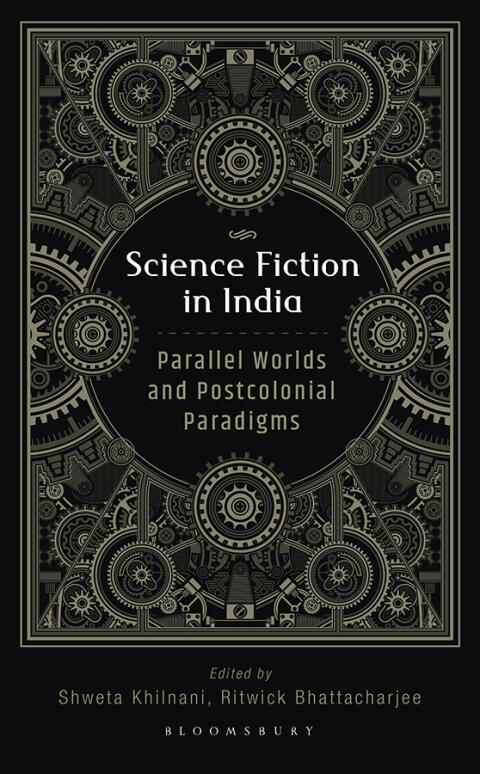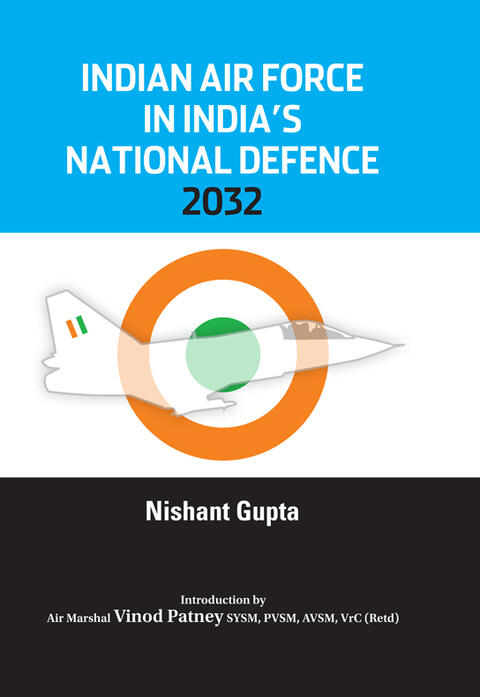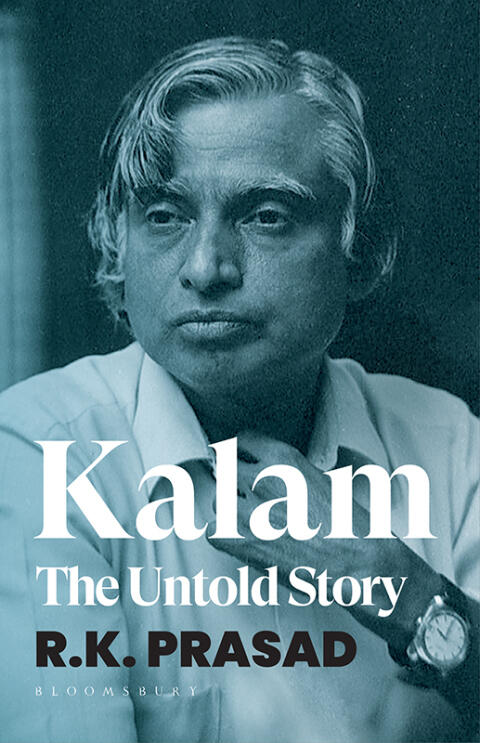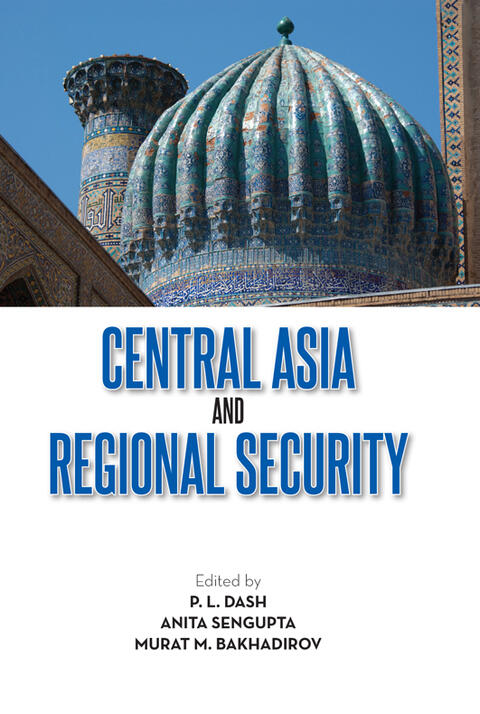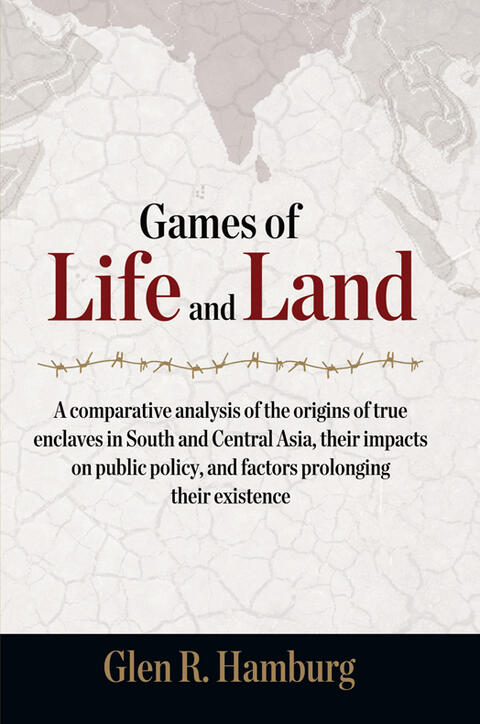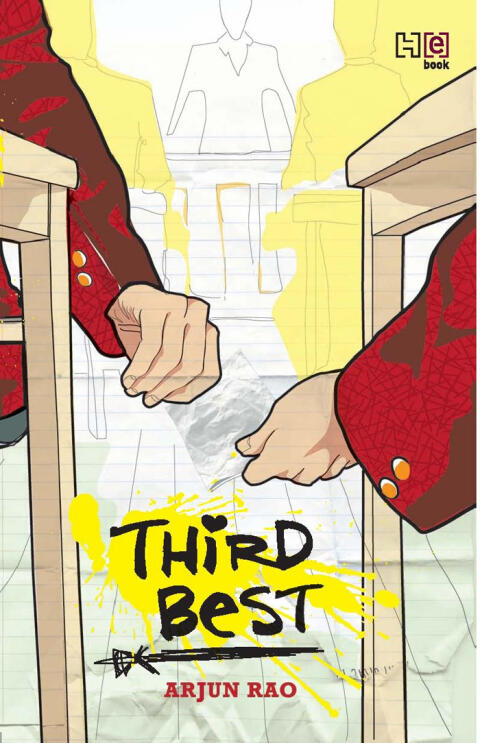
The Dynamics of Preventive Diplomacy
작성자
R S Kalha
아직 평점이 없습니다
Thriller & Suspense
Action & Adventure
형식
킨들
페이지
153
언어
힌디어
출판됨
Jan 1, 2020
출판사
KW Publishers
판
1
ISBN-10
9385714546
ISBN-13
9789385714542
설명
R S Kalha’s exploration into preventive diplomacy offers insightful perspectives on a practice that seeks to preempt conflicts before they escalate. By delving into the principles and applications of this diplomatic approach, the work sheds light on its relevance in a rapidly changing global landscape. Through a comprehensive analysis, Kalha navigates the complexities of international relations, highlighting how diplomacy can serve as a crucial tool for maintaining peace and stability.
The author draws upon a range of historical examples, illustrating both successes and challenges faced by states in their preventive efforts. Kalha's narrative emphasizes the need for proactive engagement, suggesting that a commitment to dialogue and understanding can significantly mitigate tensions. By presenting various case studies, he provides readers with a nuanced understanding of how preventive diplomacy can be tailored to fit different contexts and cultures.
Furthermore, the book encourages readers to consider the ethical implications of preventive measures. Kalha challenges traditional views, advocating for a more inclusive and collaborative approach to diplomacy that takes into account the voices and needs of all parties involved. This essential reading not only enhances understanding of diplomatic mechanisms but also inspires a call to action for future leaders in the field.
The author draws upon a range of historical examples, illustrating both successes and challenges faced by states in their preventive efforts. Kalha's narrative emphasizes the need for proactive engagement, suggesting that a commitment to dialogue and understanding can significantly mitigate tensions. By presenting various case studies, he provides readers with a nuanced understanding of how preventive diplomacy can be tailored to fit different contexts and cultures.
Furthermore, the book encourages readers to consider the ethical implications of preventive measures. Kalha challenges traditional views, advocating for a more inclusive and collaborative approach to diplomacy that takes into account the voices and needs of all parties involved. This essential reading not only enhances understanding of diplomatic mechanisms but also inspires a call to action for future leaders in the field.
